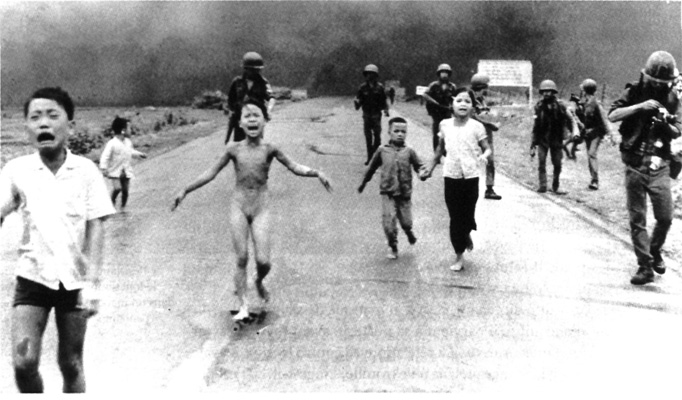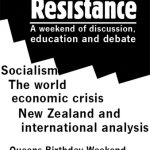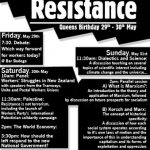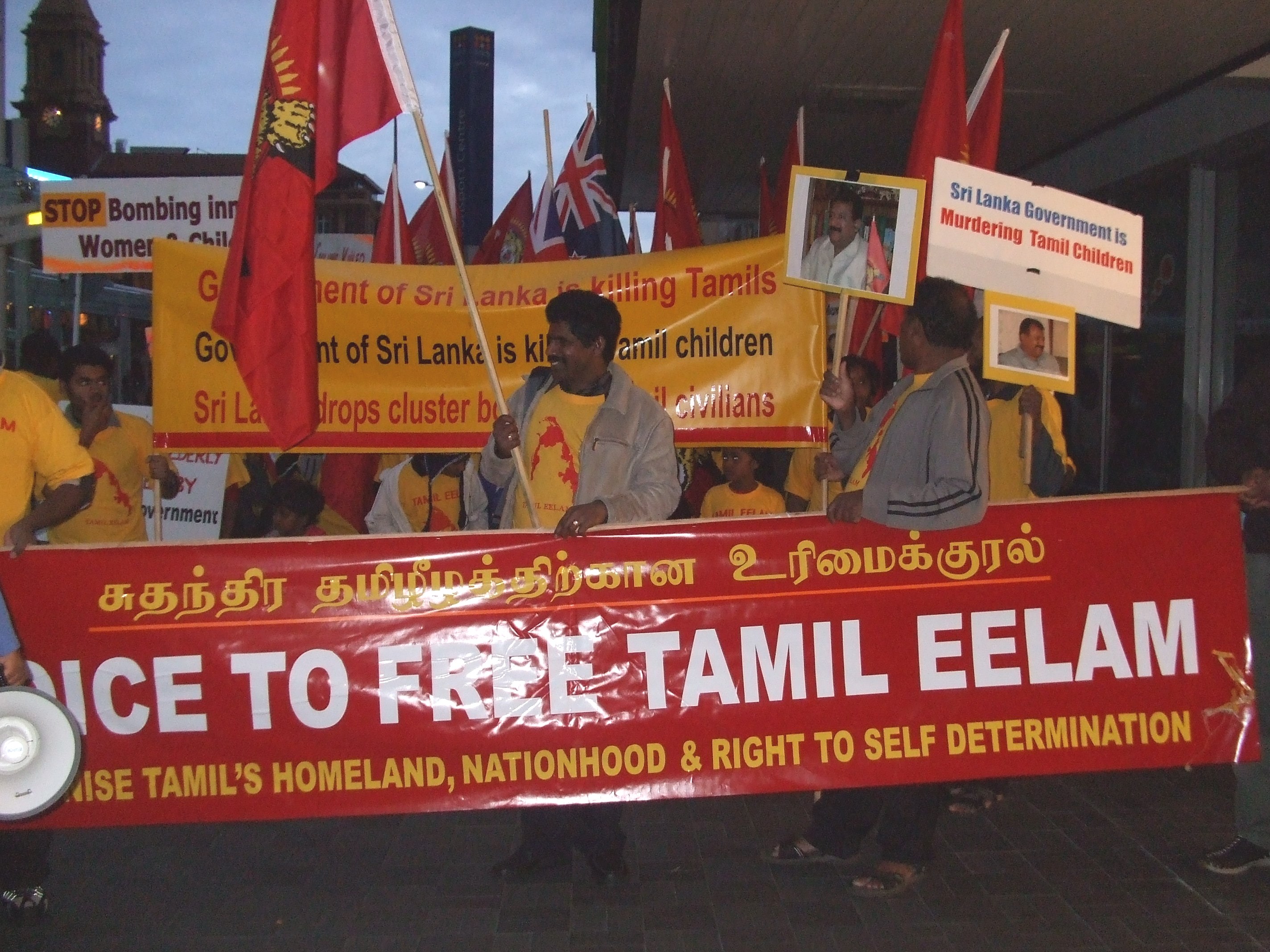First in Victoria University Debating Society 2009 series of public debates on topical public policy issues. (Rutherford House, 6.30pm, 11 May 2009)
Third affirmative speaker Don Franks
Unfortunately capitalism is not on its deathbed, but it is in a state of crisis. You don’t have to take the word of a communist union organiser – just listen to the despairing of senior capitalist mouthpieces.
“Our world is broken—and I honestly don’t know what is going to replace it. The compass by which we steered as Americans has gone. The last time I saw anything like this, in the sense of disorientation and loss, was among my Russian friends when the Soviet Union broke up.” So said Bernie Sucher, Merrill Lynch operations head in Moscow, in the March 8th Financial Times.
In the same edition of the Financial Times Associate editor and chief economics commentator Martin Wolf despaired: “It is impossible at such a turning point to know where we are going… Yet the combination of financial collapse with a huge recession, if not something worse, will surely change the world. The legitimacy of the market will weaken. The credibility of the US will be damaged. The authority of China will rise. Globalization itself may founder. This is a time of upheaval.”
In the midst of this time of upheaval, Wolf continued clinging to the old capitalist mantra: “no credible alternative to the market economy exists…” Continue reading ““That capitalism is in crisis.””





